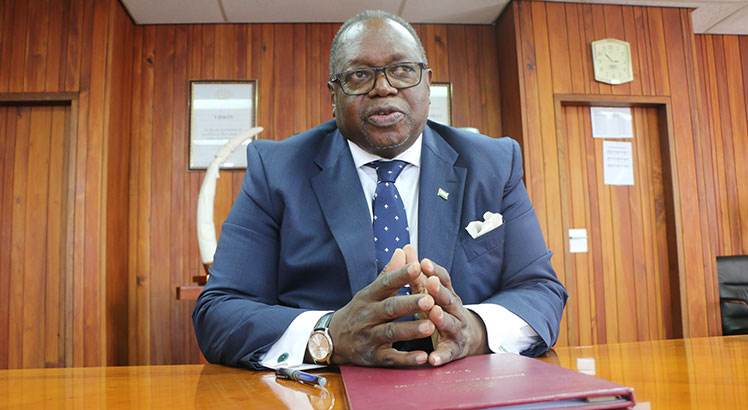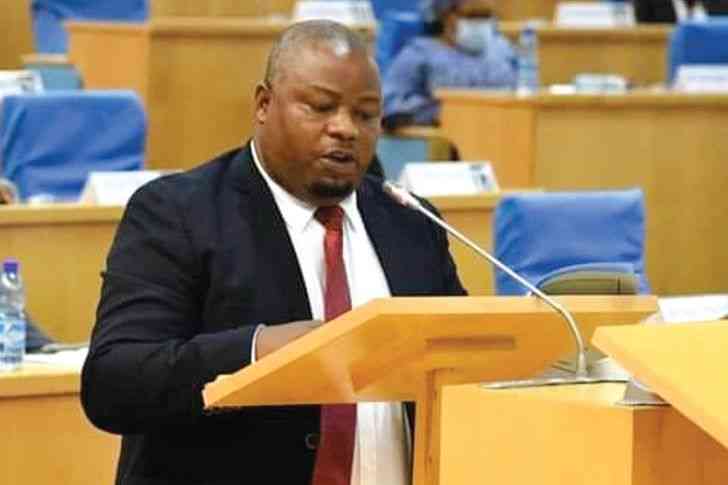Inflation levels threaten growth—RBM
Reserve Bank of Malawi (RBM) says prevailing inflation levels are not conducive to support economic growth projected at not more than 2.7 percent in 2023, a rebound from the previous year’s 1.2 percent.
In its Monetary Policy Committee (MPC) report published yesterday, the central bank said although it projects headline inflation to slow down to 18.2 percent from 21 percent last year, it maintained the policy rate at 18 percent to facilitate the downward trajectory for inflation to the growth-enhancing single-digit rates.

Reads the report in part: “The MPC found it prudent to hold on to the previous monetary policy decisions to allow time for the global price shocks to abate.
“Meanwhile, prospects for 2023 indicate that real gross domestic product growth could pick up to 2.7 percent, on conditional recovery in the agricultural sector and an improved policy environment.”
This year, RBM projects headline inflation to slow down to 18.2 percent from 21 percent last year due to anticipated subdued imported inflationary pressures although pressure on domestic prices remains elevated in the wake of the lean season.
Declining fuel and non-fuel global commodities’ prices are some of the factors expected to slow-down headline inflation due to subdued imported inflationary pressures.
RBM further said the projections are made on assumptions that domestically-produced food prices are to remain elevated as the lean period peaks in the first quarter of this year. It said there will be continued pass-through of exchange rate depreciation while fiscal slippages are expected to persist in the fourth quarter of the 2022/23 financial year.
RBM also expects domestic fuel pump prices to remain stable while electricity and water tariffs are expected to remain unchanged during in the first quarter.
Reacting to the projections, Catholic University economist Hopkins Kawaye in an interview yesterday said whether inflation will decline will mainly depend on the maize availability and prices on the domestic market.
He said: “In recent months, inflation has stabilised, but attaining the RBM inflation projection will depend on the maize availability and prices on the domestic market.
“If the prices are low and we have bumper yields, then, inflation would decline.”
As at December 2022, year-on-year inflation for December stood at 25.4 percent, according to data from National Statistical Office.
In his State of the Nation Address delivered in Parliament in Lilongwe on Friday, President Lazarus Chakwera said even a quick look at inflation rates is not encouraging.
“The average annual inflation rate for 2021 was in the single digits at 9.1 percent and yet, this increased by more than double to 20.9 percent in 2022, way above the central bank’s target of five percent with no prospect of reaching that target in 2023, whose inflation rate is projected to be 18.2 percent,” he said.
Meanwhile, the Economist Intelligence Unit forecasts a year-on-year inflation rate of 13 percent while the International Monetary Fund projects an average of 16.5 percent for 2023.
The country’s year-on-year headline inflation rate was last in single digit at 9.8 percent in October 2021.





